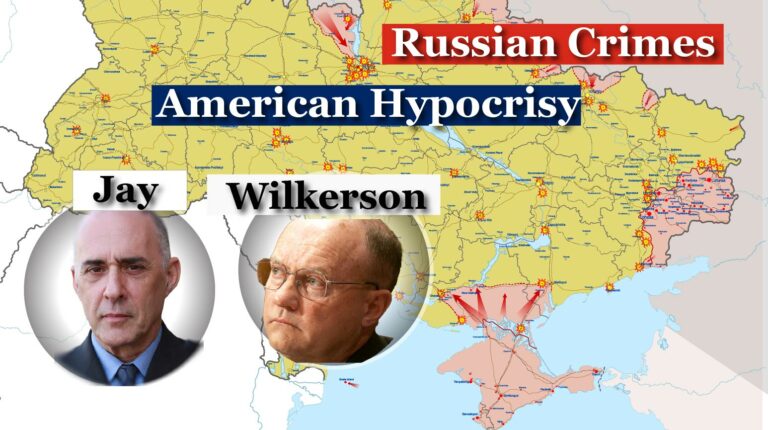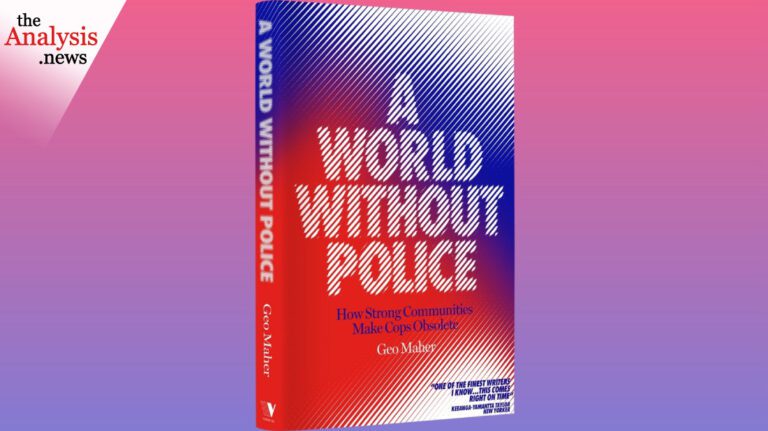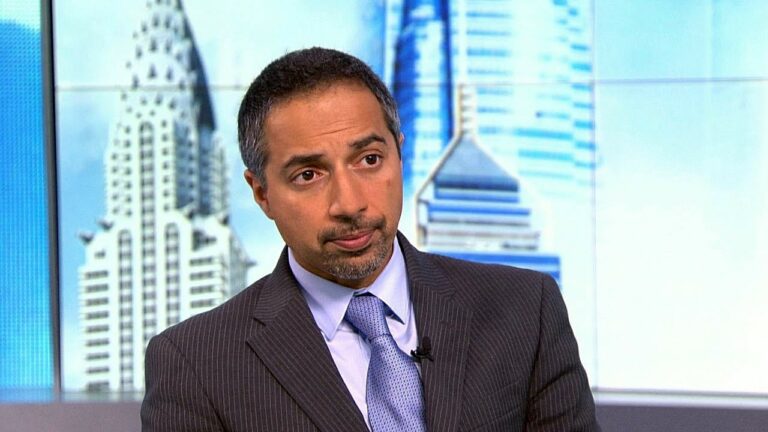Similar Posts

Was Pompeo Serious? Who will (or Should) Run Biden’s Foreign Policy? – Phyllis Bennis
Secretary of State Mike Pompeo says get ready for a second Trump term. Who should run the State and Defense Departments for President-Elect Biden? Phyllis Bennis on theAnalysis.news podcast with Paul Jay.

Ukraine: Russian Crimes, American Hypocrisy – Wilkerson and Jay
The billionaires of the U.S., Russia and Ukraine are all willing to sacrifice the sons and daughters of working families in wars for profit and hegemony. Col. Lawrence Wilkerson joins Paul Jay on theAnalysis.news.

A World Without Police
Geo Maher, the author of the just-released book, A World Without Police, talks about why the police are actually designed not to do what we think they are supposed to do, to “serve and protect” the general public, but actually serve and protect property owners and more generally those who benefit from racism and inequality. He goes on to outline what a world without police could look like.

Despite Gaza Ceasefire, Israel Accelerates Its Annexation of the West Bank – Rami Khouri
Palestinian-American journalist Rami Khouri outlines the Israeli far-right’s longstanding opposition to Palestinian self-determination and, as he says, the very right of Palestinians to exist. Khouri discusses how Israeli Prime Minister Benjamin Netanyahu’s government, together with President Biden and Secretary of State Antony Blinken, have shredded international law at every opportunity in their genocidal slaughter and ethnic cleansing of Palestinians in Gaza. Yet despite Trump’s success in pressuring Netanyahu to agree to a ceasefire deal, the agreement itself is on thin ice: Israel’s resumption of strikes in Gaza could lead to an unraveling of phase two negotiations, precluding the possibility of a permanent ceasefire and ultimately of any effective Palestinian governance and statehood.

Elliot Abrams Tries to Tie Biden’s Hands on Iran – Trita Parsi
Abrams, a true Darth Vader of U.S. foreign policy, is in the Middle East drumming up support for even harsher sanctions on Iran – in the midst of the pandemic that has killed tens of thousands. Trita Parsi joins Paul Jay on theAnalysis.news podcast.

Biden’s Climate Plan Won’t Prevent Catastrophe – Dayton Martindale
While Biden’s latest climate plan is much improved, it’s far short of what scientists say is needed. Biden’s aggressive rhetoric will not help build a joint climate plan with China, a crucial step for any global plan to succeed. Dayton Martindale joins Paul Jay on theAnalysis.news podcast.

Have long enjoyed Gerald’s analysis. But it was only with this interview that I realized how exciting and profound a scholar he is.
This has been a very interesting analysis. Notice that this is written in the past tense. Now if I wrote, “This is an interesting analysis” it takes on a whole different meaning. Same idea with the writing of history when the historian draws a line between the past and the present. The past is portrayed as radically different than the present and there’s an invisible barrier that can never be crossed because the past is gone forever and never to be lived again by anyone. Then what is history? If you look at the classical historians they were the ones that wrote a grand story of an event that took place in the past and wrote the story to be read in the present. Much of it was written as a tall tale and if read today might be considered a work of fantasy, even a made up fiction. But somehow it’s believed to be true enough to be considered that it really happened. Even if there’s a giant and a three headed monster involved in the narrative. So the question becomes what are the facts in the history so there is truth behind the story? This is where stuff gets tricky because someone might ask, “What really is a fact?”
I don’t mean to sound tedious but history has been written the old way, the grand narrative way, for more than 3000 years and it’s not until we get to the last couple of hundred years that history starts to concern itself with uncovering the facts behind any truth. So when a historian goes to an archive and starts looking at accounting records and finds records about the slave trade then slavery becomes a fact. It really took place. There are records available and are even viewable on google scholar that illustrate slavery happening in real time. Now why did slavery take place? One approach would be to say that slavery became an economic necessity because there was a scarcity of labor in the new world. This might be true but does it really explain slavery? It’s not until you start looking at the belief of race, quite the vogue expression in the 19th century, and a desire to explain slavery as it stood back in the 1850s, that you find one dominant group, namely the southern white slave holders, considering themselves superior over blacks because of their race and running an entire economic system in the south through slavery.
If the writing of history is pushed back to the grand narrative event form then there will be a history that will be less true, more fantasy like, and more twisted to fit a mould created to deceive people. In this situation history will become just plain old bullshit. But if you want a real history you have to have facts to make it up, dress it up, take it out on a night on the town, and come home on the Mail Wagon at the crack of dawn.
Whereas Nietzsche elsewhere lamented a lack of historical perspective, he also compared the historian to the crab: he looks backward so long he begins to think backward too. In the interest of simplification it seems to me you are taking the history as more than it need be to the point it confuses. Or confuses your comment because I’m not quite sure what your point is. I’m not so sure Tacitus didn’t employ facts in his histories. And Howard Zinn made clear who makes real history: the collective actions of ordinary people and their quest for justice.